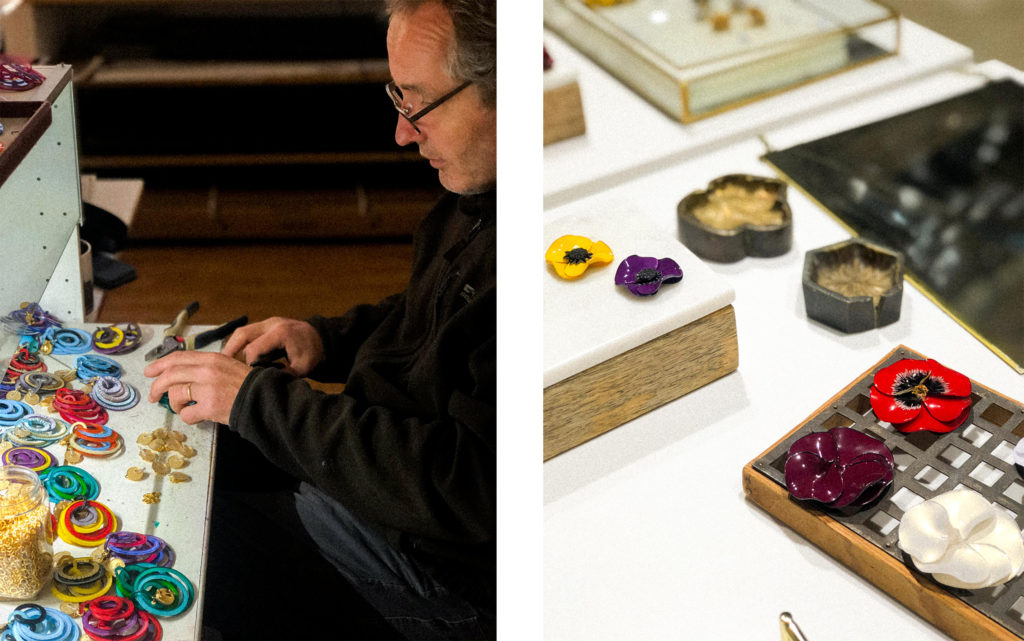We are increasingly aware of where our purchases come from, and the global health crisis has led us to rethink our practices.
Non-food products require an indication in order to qualify for so-called French manufacture. The mention “Made in France” indicates that a significant part of the production of the product in question is manufactured on French territory.
The manufacturing stages must be mainly located in France or the product must have undergone its “last substantial transformation” in France. This is very vague, and can be a minor transformation step, such as mounting a ring, gluing an element, … It can therefore be very complicated to distinguish a production made entirely or partially in France.

In the face of increased global competition and globalisation of trade, recognition of the qualities of French-made products can be difficult. In order to simplify the identification of craftsmen and industries mastering rare know-how, the EPV label was created under the aegis of the public authorities.
Granted by the French State, the EPV label is based on a very rigorous selection procedure and aims to highlight the high technicality, creativity or cultural significance of manufacturing activities. The awarded companies are, for example, the goldsmith Christofle, the violin maker Bois d’Harmonie, the cutler Graveline or the caterer Potel et Chabot.
The EPV label is the only distinction awarded to French companies for the excellence of their know-how. Following a thorough audit of the workshop and manufacturing processes, Ciléa Bijoux was awarded this label in 2018 thanks to its advanced working methods, which are entirely made in France.



